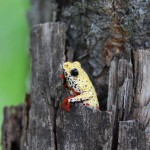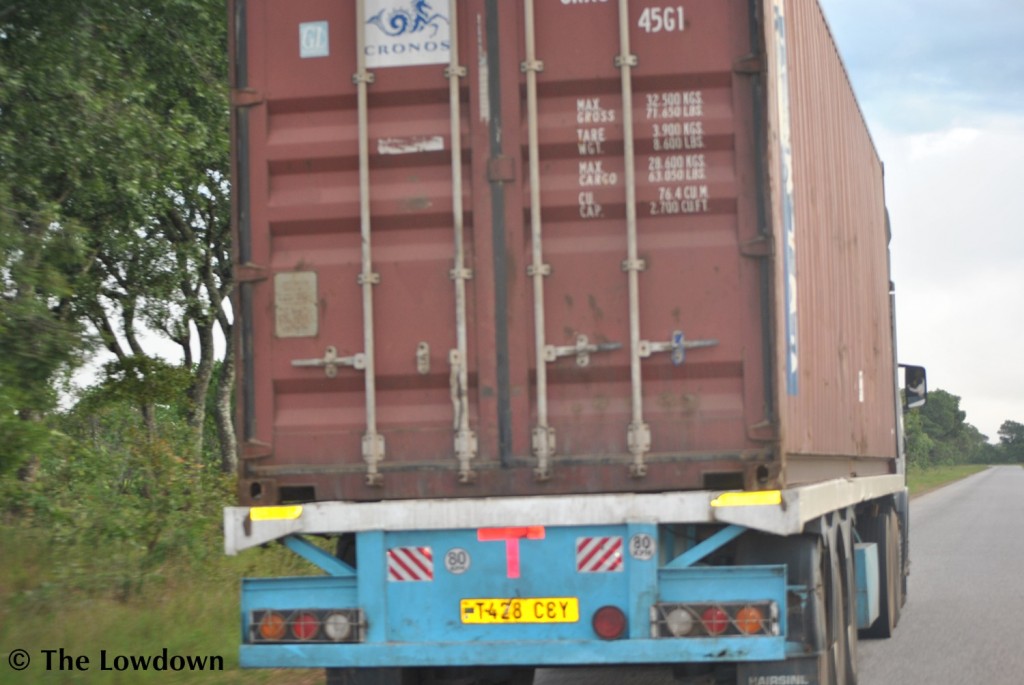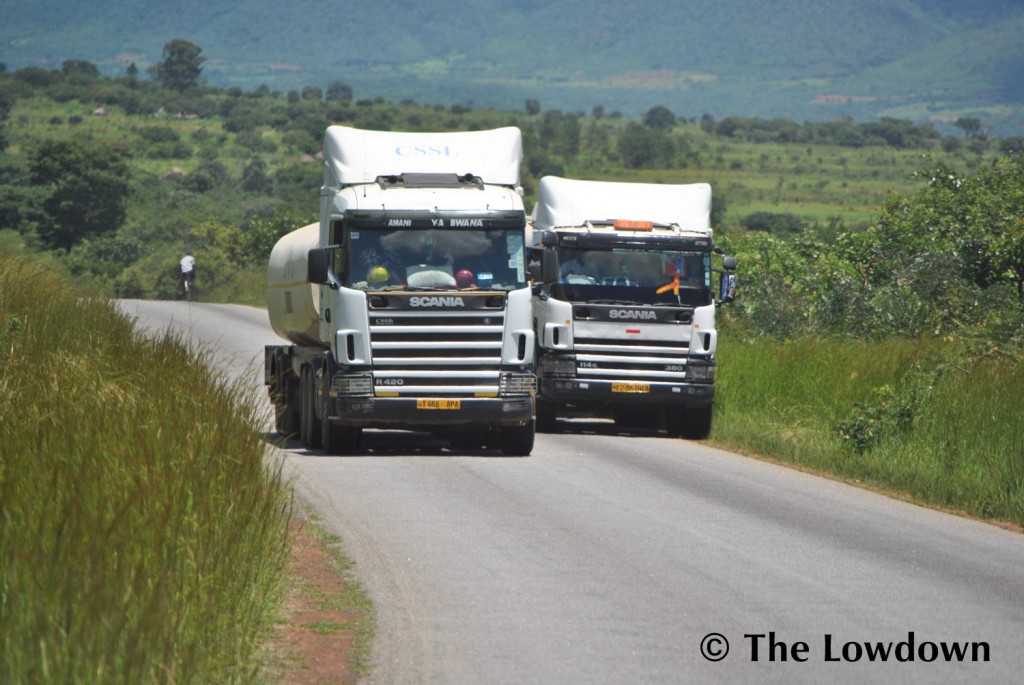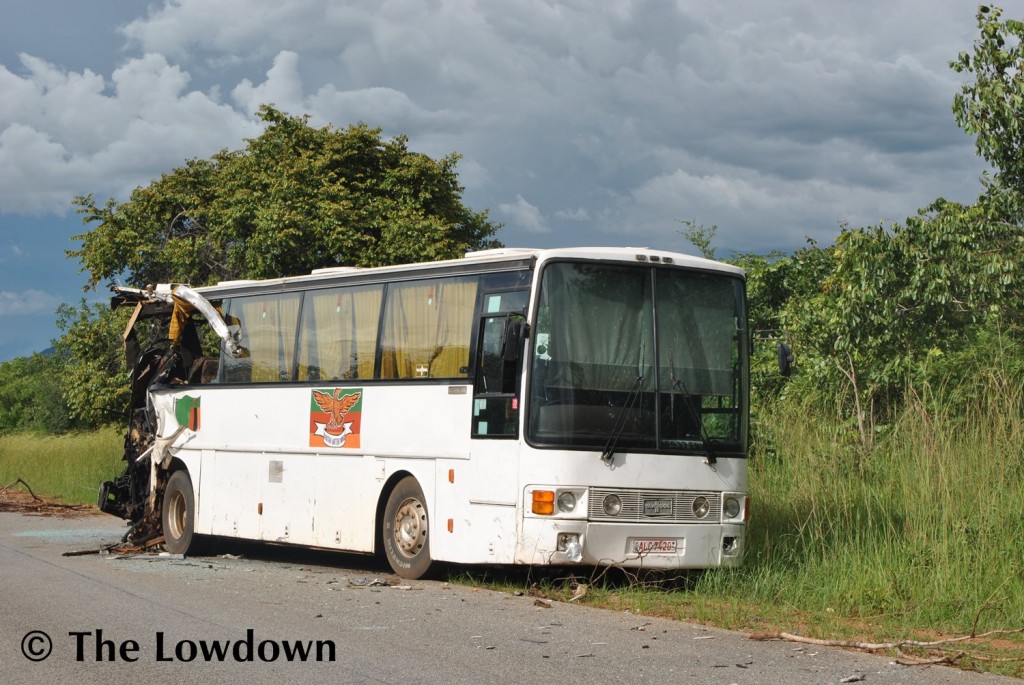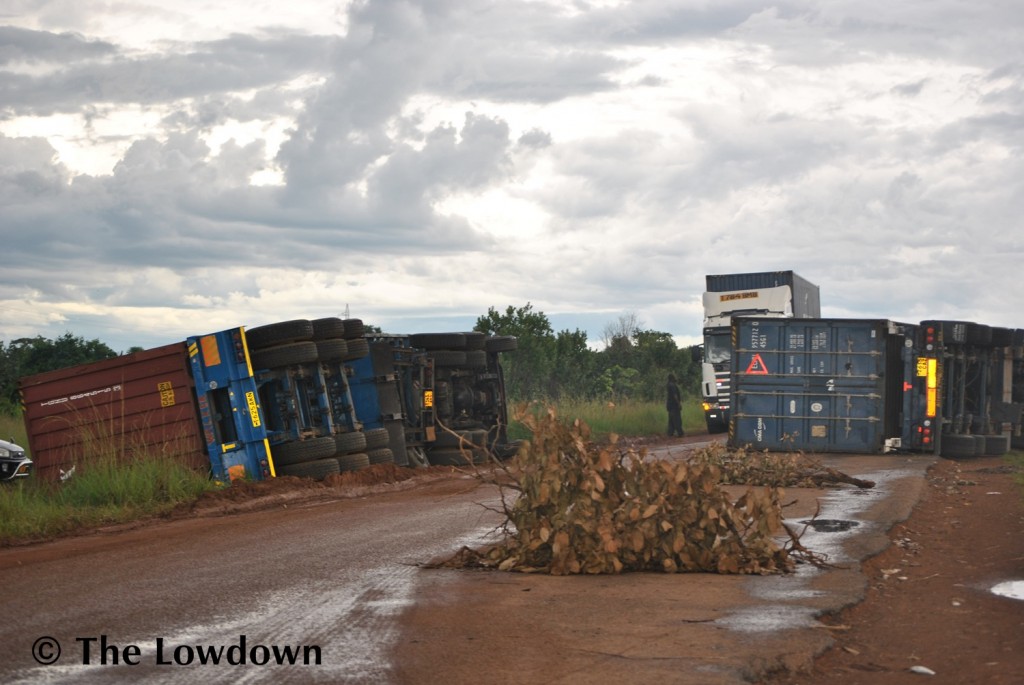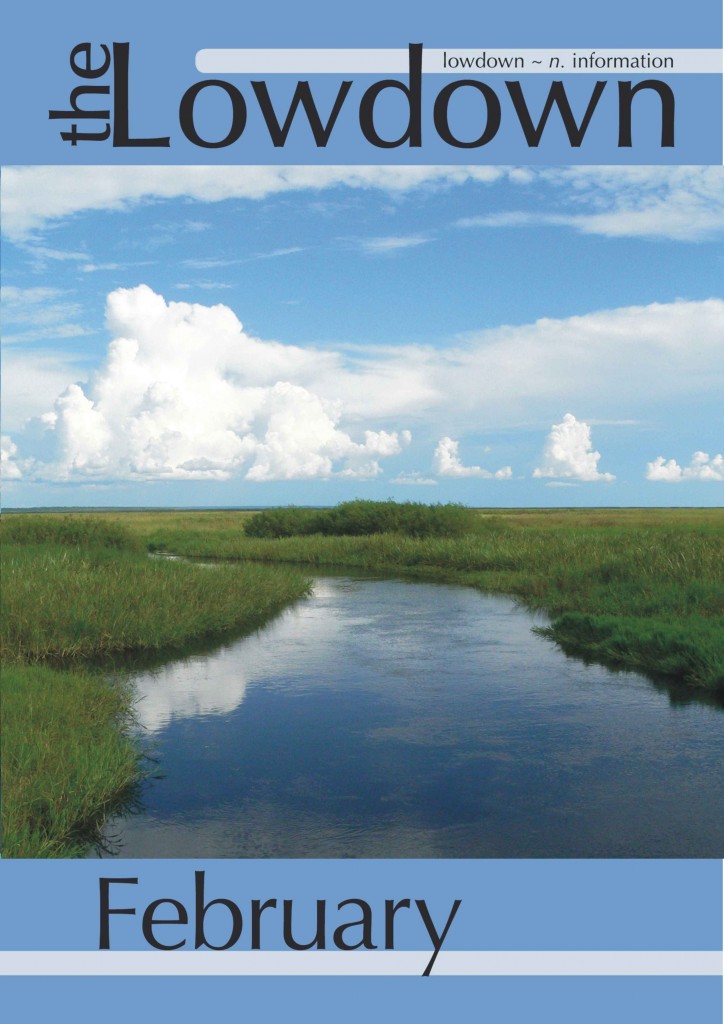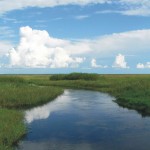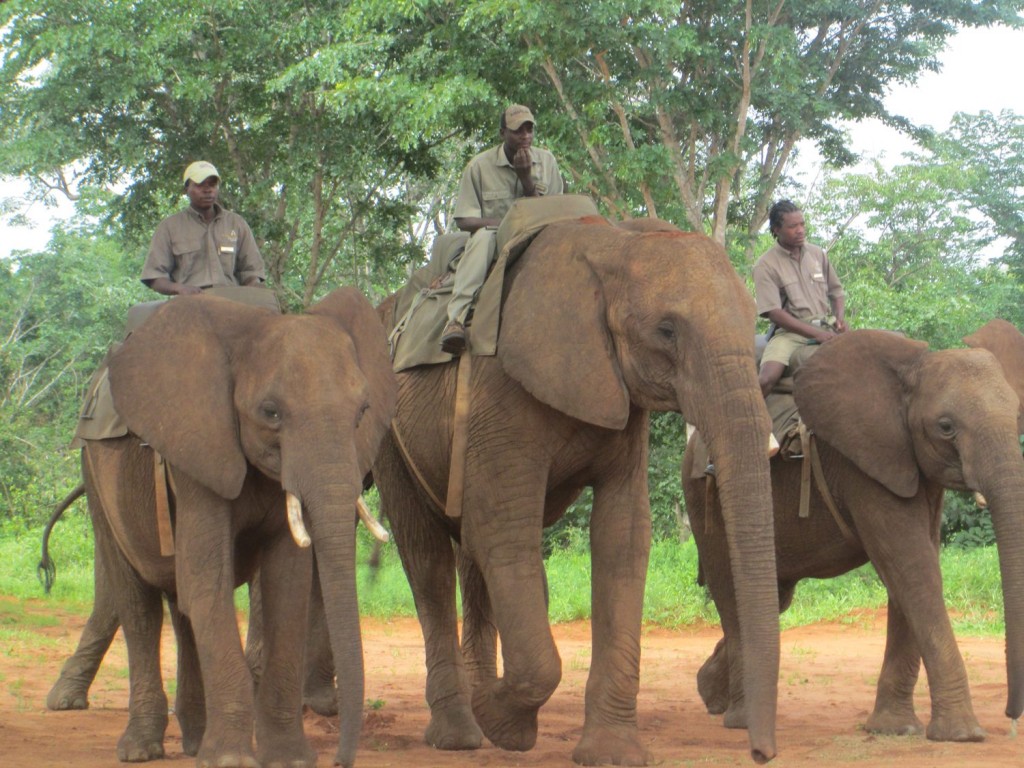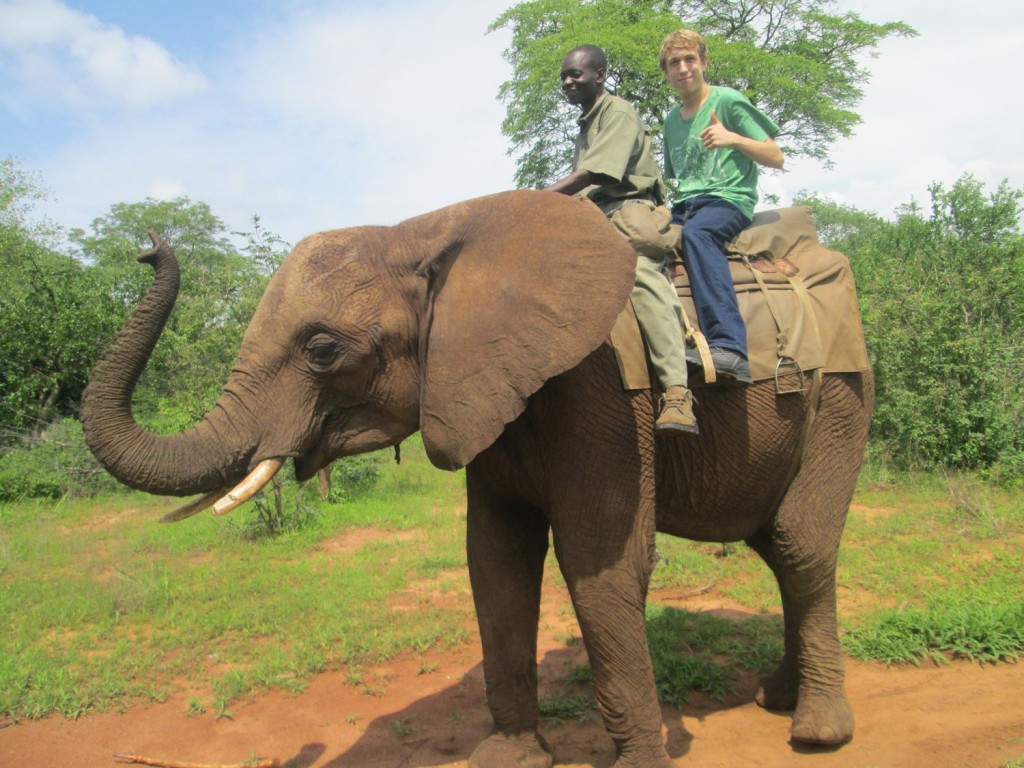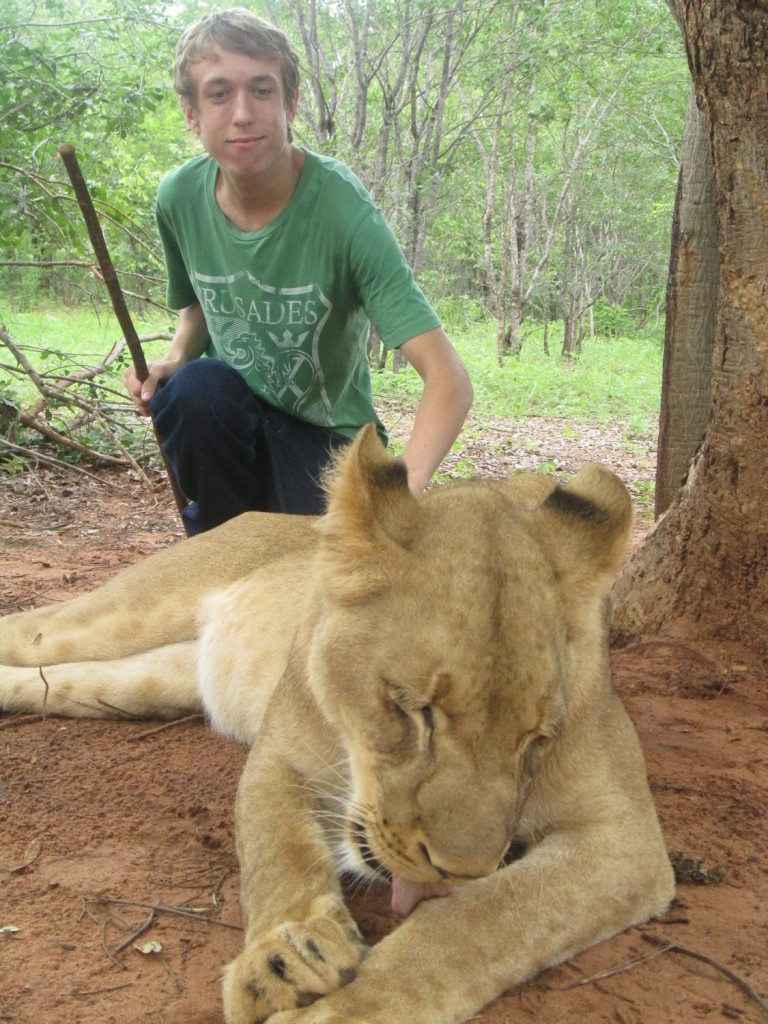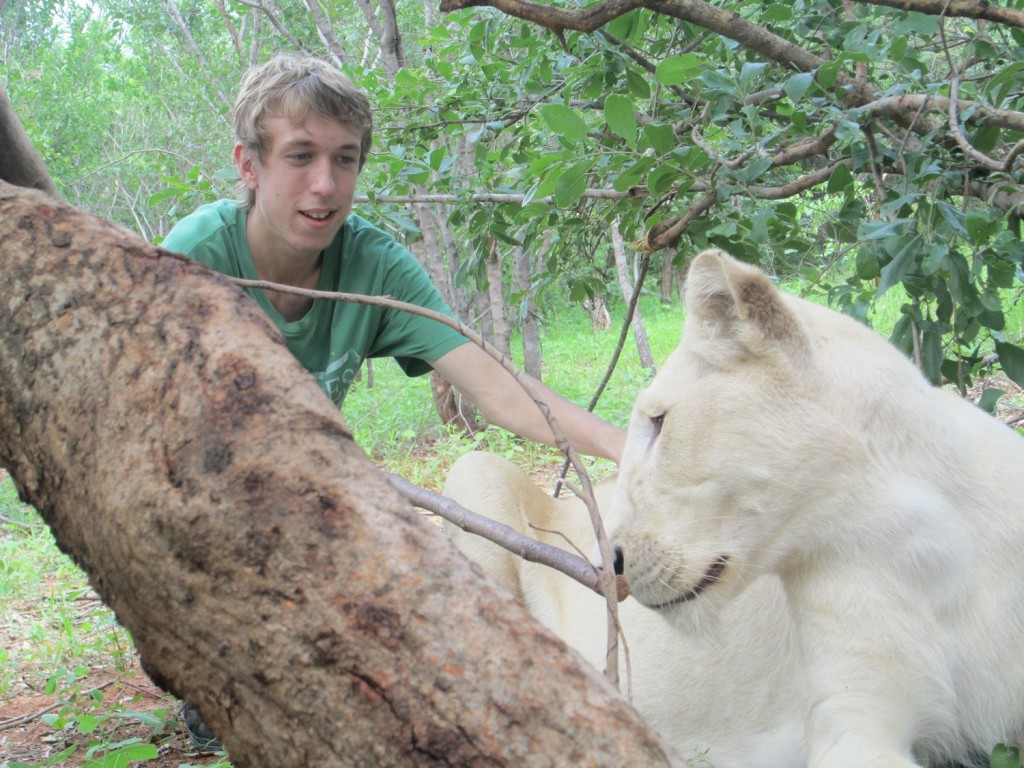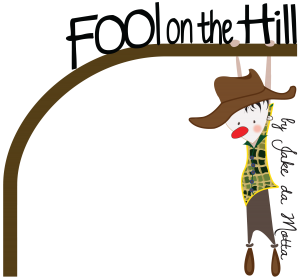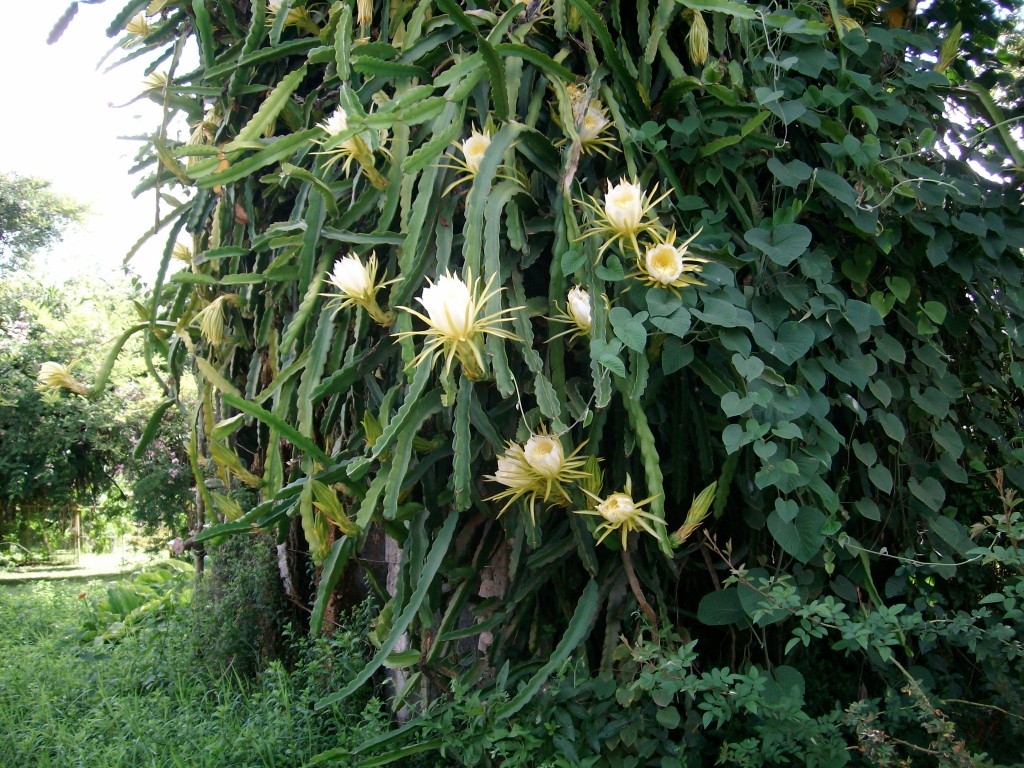 Come September every year is a task that must be done, however irritating. The ground rent has to be paid. This is a comparatively small amount of money but, if you do not pay it, there is a chance, pretty remote, I must say, that your property can be taken away from you. The reason I say it is pretty remote is that, unless your property has suddenly become the desire of some incredibly well connected person, the good people of the Ministry of Lands could not be bothered to disturb the even tenor of their lives by doing anything at all. Going to work, usually late, reading the newspaper, doing ones nails, attending seminars, funerals, clinics, being “not around” or “gone to town” seem to be their principal occupations, the other one consisting of redirecting enquiries to another office, any other office, anything to get rid of a noisome nuisance of someone who has the temerity to disturb their working day.
Come September every year is a task that must be done, however irritating. The ground rent has to be paid. This is a comparatively small amount of money but, if you do not pay it, there is a chance, pretty remote, I must say, that your property can be taken away from you. The reason I say it is pretty remote is that, unless your property has suddenly become the desire of some incredibly well connected person, the good people of the Ministry of Lands could not be bothered to disturb the even tenor of their lives by doing anything at all. Going to work, usually late, reading the newspaper, doing ones nails, attending seminars, funerals, clinics, being “not around” or “gone to town” seem to be their principal occupations, the other one consisting of redirecting enquiries to another office, any other office, anything to get rid of a noisome nuisance of someone who has the temerity to disturb their working day.
So, having nothing to do for an hour or two I repaired to that incredible hive of inactivity, Mulungushi House where the song comes to mind “Busy doing nothing, working the whole day through”. Finding somewhere to park is difficult; it would be much easier if all the wrecks round the back were removed to an auction house or a scrap yard. Brand new white lines had been painted at the entrance, “Entry Only” was proclaimed in large, expensive signs all of which were noted as I squeezed through the entrance in the face of exiting GRZ traffic, an effort made more difficult by the banana vendor’s stall that took up a lot of space by the gate post there. Eventually a place to park was found, close to where all the rubbish was dumped. The rubbish surrounded an incinerator which was obviously not man enough to cope so the stuff was just dumped on the ground and set on fire.
Into the building I went, to discover that the Ground Rent office had been modernized, a nice counter installed, behind which there were three desks, manned by three pregnant ladies (someone had been busy after all) variously engaged in eating an early lunch, knitting and having a deep and lengthy conversation on a cell phone at a volume that called into question the need to use such a device if the correspondent was within a 5 kilometre range. I, along with three other persons waiting at the desk, was duly noted and, after a suitable interval to impress upon us supplicants the kindness that was to be bestowed upon us, we were attended to by the one pregnant lady who drew the short straw. A computer was manned and a printer spewed out the details of how much money was owed in ground rent. This part of the matter was dealt with well. Now to pay!
The queue went out of the building, down the steps and did not seem to be moving very fast. After 90 minutes progress had been made, the top of the steps were reached and a row of chairs achieved. As each person was dealt with one could shuffle along to the next chair and so on. Six chairs remained before a corner was reached and then the paying- in desk was in sight. From this vantage point it could be seen that the process of giving money to the Government was a long and laborious one. The paying -in desk was manned but by one person who, from time to time, was called away to deal with other matters. Now and then a person cut into the desk to ask a question which was answered kindly and, often, at length. Again, sundry important personages came and thrust pieces of paper in at the hapless official behind the grill. Definitely, the poor chap was overworked but doing what he could to satisfy all comers. Why, therefore, were there not more persons manning the paying-in position. It was explained to me later that if there was only one person behind the desk, taking the money, there would be only one person to blame for any shortfall. More than one and the blame could not be pinned down so no one could be accused of naughtiness!
I stood in the queue for over two hours before I realized that this was a waste of my time. Life was too short to spend the autumn of my days in a queue that did not seem to diminish fast enough to allow me to get to the counter before all closed up shop for the night. As you do, you read the sundry bits and pieces on the Ground Rent statement to pass the time and there, before my very eyes, was the solution; obtain a bank guaranteed cheque and post it to the Commissioner of Lands! You silly lad, why had you wasted all this time, off you go!
To Barclays Bonk, demand said cheque and, within 15minutes and the payment of 80 pin I was equipped with said piece of paper. I returned home, wrote a covering letter, attached the cheque and headed for the nearest post office. To ensure that nothing could go amiss I decided to register the letter. Alas, the post office at Crossroads could not do this, I was referred to the one at Kabulonga, where it was regretted that they could not accept a registered letter, one had to go to a proper post office so, with but a tiny mutter, I repaired to Woodlands where the dreaded deed was done and a little piece of paper issued. Bliss, the annual unpleasantness was over, I had done my duty, paid my dues; nothing remained but to polish and admire my halo.
In early November I felt a spot of disquiet, the receipt for said payment of ground rent had not arrived, as requested, at my post box. I thought that this was not to be unexpected, but a quick visit to the office of the three pregnant ladies and a new statement would show that all had been allocated to the correct account. Alackaday, the only progress was that there were only two pregnant ladies and nothing had been credited to my account. Upon asking where I could query all this I was sent to an office on the first floor where two very jolly ladies made a best guess and sent me to Registry. Breezing past the No Entry To The Public sign I came across a room full of paper and desks, behind which were a number of people engaged in the usual occupations found in Mulungushi House. Most were clustered round a lady with a large holdall from which she was producing sundry items of ladies apparel for sale. It would appear that this enterprising lady was a member of staff from elsewhere in the building who spent her various types of leave, annual, sick and unpaid, on bus trips to South Africa on buying said items. As I was assured, one had to make ends meet somehow or other. My query could only be answered by a person who was not there, please return tomorrow. Silly man, this I did and, despite all the odds, managed to catch the man as he was departing on some task or other. My letter was most probably at the Post Office, awaiting collection. He would ensure that it would be collected at once. Three days later, having had the good sense to take the man’s cell phone number, I checked. He took the call on a bus which was inward bound from Kabwe, apologised profusely for the delay but assured me that the letter would be collected as soon as he got back. I thought that this had better be checked and made a follow up, caught the chap a couple of days later. All was well, the letter had been delivered to the office of the Commissioner of Lands!
I thought to give them a week and then make another follow up. More progress, only one pregnant lady, the population is looking up, but, alas, no credit on the ground rent side of things.
Up the stairs to the office of the jolly ladies who tell me where the Commissioner of Lands office is. The security grille is padlocked, the door shut behind it. A gentleman comes along, he asks me my business, I tell him, he looks at his watch, it is past 2 o’clock, he knocks on the door, it is opened a touch and a lady explains that she knocked off late for lunch so would not be open for business for a while. The gentleman shrugs, I respond. Through the crack of the door I could see the lady reclined in her seat, asleep. By 2.45 there are a crowd of supplicants milling about the corridor. Eventually the grille is unlocked and the lady, one of two secretaries that occupy the room, demands of my business. Your letter will be in the Commissioner’s in basket, he is away (makes a change from Not Around); come back some other time, like next week Friday. Now when someone tells me that something is definitely going to be ready next week Friday I have grave doubts. It was with amazement that upon my return I am handed an envelope with receipts for ground rents paid! Oh Ye of little faith. But then, Hang About, these receipts are for a Mr. David Moffat of Mwinilunga!
I return the following day with a letter to the Commissioner, voicing my concerns about my missing cheque, bid all and sundry a Happy Christmas and depart this realm for pastures far colder, buoyed up by the hope that all will be resolved upon my return from overseas.
A New Year, a quick check at the Bonk, no, the cheque has yet to be presented. To Lands, the parking problems accentuated by large puddles occupying parking places. I present myself, yet again, to the office of the Commissioner. The lady takes one look at me and sends me up another flight of stairs to a Mr. Daka, who apologises to me, sends a note downstairs, telling the lady to look in the In Basket and retrieve the letter. I am advised to come back another day. In doing so I find poor Mr. Daka, engulfed in files, who refers me to the lady next door who, in turn, summons the lady from the Commissioner’s office, who, on conferring, ask me to return on Monday to see Mr. Chilembo, “who knows your case!”
It is a bright Monday morning in February when I return to the fray, but this time, I feel that I should do a background check. I go to Woodlands Post Office; I am told that my registered letter was dispatched promptly to the Commissioner’s post box held at the Lusaka Main Post Office in Cairo Road. Away I go, battle through the traffic, find a puddle to park in at the Post office, am charged a Pin for the privilege of getting my feet wet and enter the Post Office. On enquiring of the Postmaster I was directed to the first floor. Beware, the stairs at the north end of the building are blocked off at the TOP of the stairs. One must retreat and go up the stairs on the south side. Ah well, exercise is supposed to be good for you. Alas, the Postmaster is, yes, you guessed it, Not Around!
The bit is, by now, firmly between my teeth so I return to the counters downstairs and am directed to that of the Registered Mail received. I explain my query to a charming young lady there, who explains that the collection of mail from the post office for the Commissioner of Lands is notorious for its failure.
A box is brought out, containing something like 60 pieces of registered mail awaiting collection and in it, is found my letter. I request that I be given the box so that I can take the lot to Lands but it is regretted that I did not look responsible enough to be entrusted with the delivery of said mail. (besides which there were several sacks of ordinary mail awaiting collection!!!)
Armed with the information I returned to Lands and spoke to Mr. Chilembo, a charming gentleman, who when last seen, was scurrying towards Registry; it was a shame that he did not seem to be carrying a Cat O Nine Tails with him.
I hope that all that will remain for me to do is calculate the time and effort involved in countering the crass incompetence of these wonderful, well meaning people, and work out how to pay the ground rent next time! But, being married to a cynic, I have been assured that the end may not yet be in sight!
